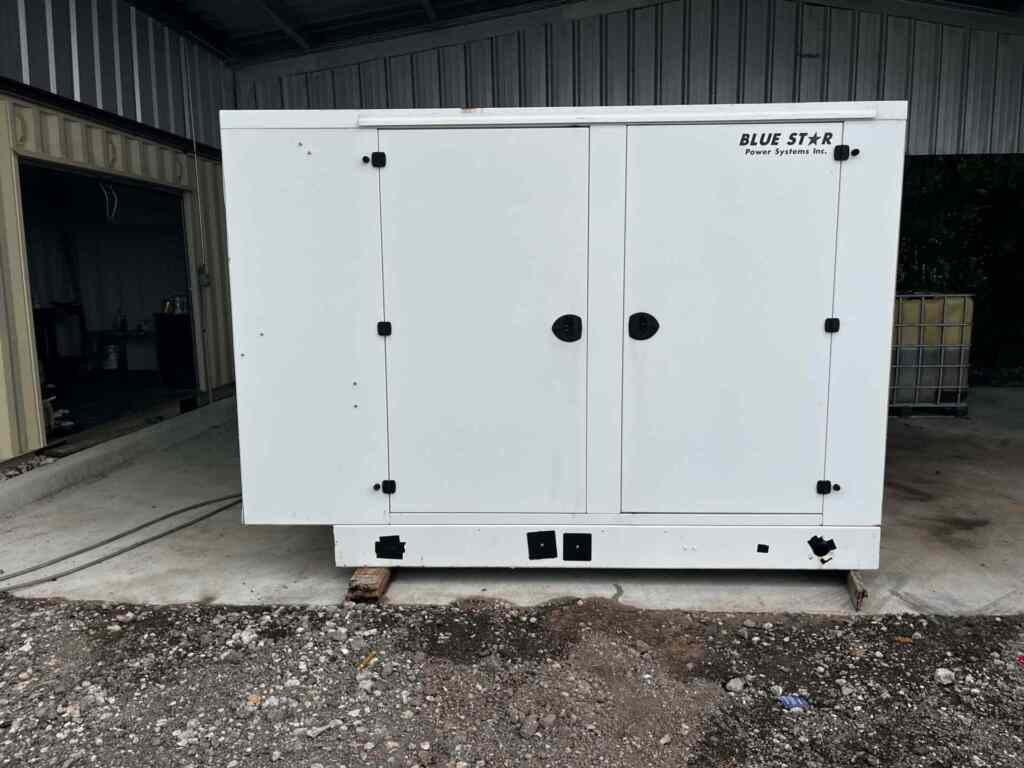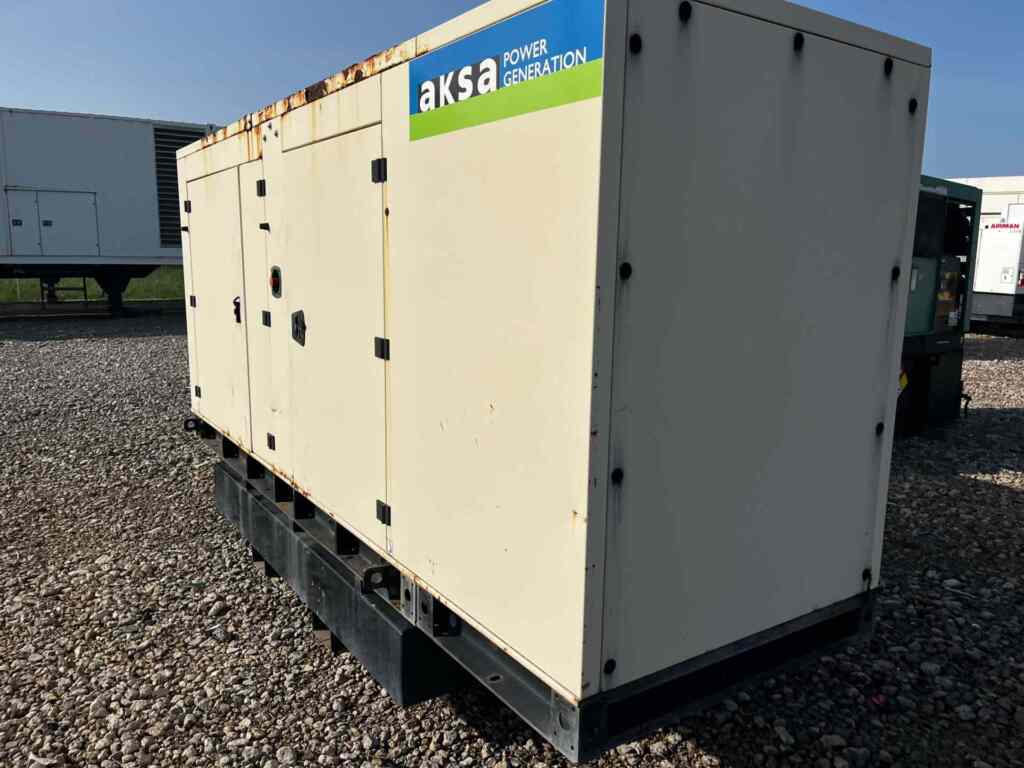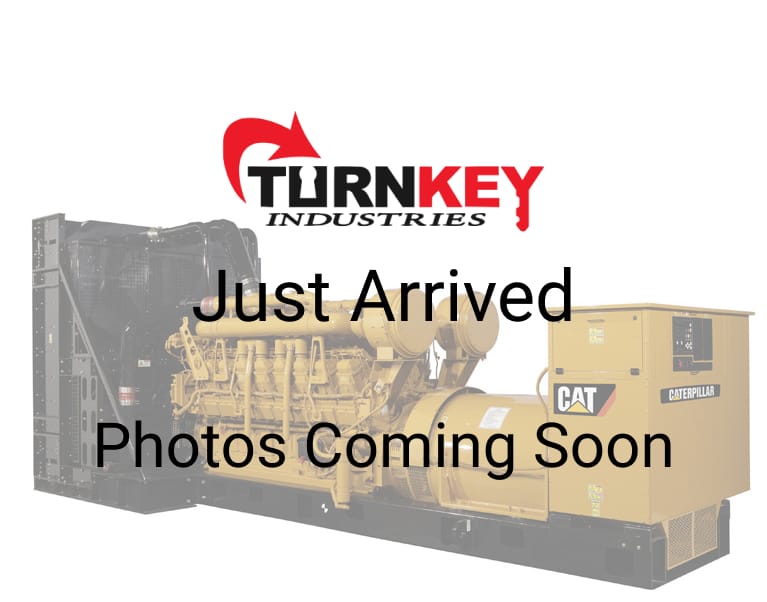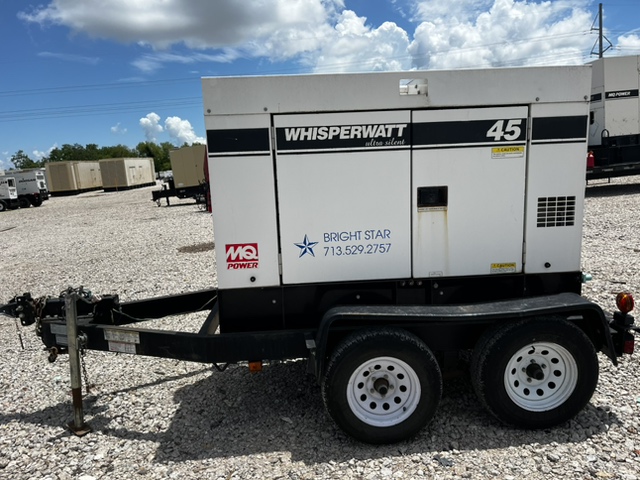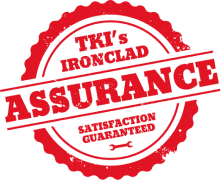Depending on the kind of industry you’re in, you will have certain electrical needs. You probably rely on the electrical grid to meet those needs, but generators are another great way to meet them.
Your industry’s needs are unique. Fortunately, many kinds of generators, each with different configurations, accommodate differing industry requirements. To know which industrial generator is right for you, you’ll need to review its phases and voltages. Read on for a complete overview of phases and voltages for industrial generators.
How Do Generators Work?
Before diving into phases and voltages, laying down the framework of how a generator works is important. Phase and voltage numbers are critical in identifying the right generator for you, but you must know what they mean in the context of the generator itself.
In gas-powered generators, there is an internal combustion engine. This engine takes the fuel, whether gas, propane, or diesel, and creates a mechanical force that spins a shaft. This shaft rotates an electromagnet, also known as an armature, inside a stationary magnetic field or stator. This continuous rotation produces electrical current through copper wiring, but it does so at such a great scale that it can power various items for your business.
It’s important to note that most generators use alternating current (AC) instead of a direct current type that only runs in one direction. By being able to reverse its direction, you have more variability with your generator operation. The AC current goes through a conditioning process to ensure the electrical flow is consistent, meeting the standard operating frequency of 60 hertz. This frequency is the standard, but it needs to run through wires to actually power your equipment.
What Are the Phases?
After understanding how generators work, it’s time to move on to phases. With industrial generators, you generally use either single-phase or three-phase generators.
Single-Phase Power
In a single-phase system, power goes over one set of wires. There are generally three wires, each with its own purpose:
- Negative(hot) wires
- Positive (neutral) wires
- Grounded wires
Running the electrical power over these wires is simple, but these single-phase generators can only do so much before the wires overheat. Single-phase generators can efficiently power single-phase equipment, but they won’t be as efficient as a three-phase power generator. With only one alternating current cycle, the power on a single-phase generator isn’t as steady. As a result, these generators normally have a max power of 240 kW.
Additionally, single-phase generators can’t adequately power three-phase equipment. A good way of visualizing this inefficiency is by imagining the single-phase circuit as a paddle ball. You can bounce that ball as much as you want, but you’ll soon tire like the generator. The basic rubber ball is akin to single-phase equipment. On the other hand, three-phase equipment is more like a bowling ball. On top of being heavier, you’ll need to bounce it higher and faster. Just as your arm can’t keep up with that, a single-phase generator can’t keep up with three-phase power loads.
Three-Phase Power
While single-phase electrical applications deliver power over one set of wires, three-phase power has multiple circuits. Having multiple circuits makes the alternating current more even and better at handling heavier loads. Think of it like this: instead of one person playing paddle ball with a bowling ball, the weight is split between multiple paddles and people, making it easier for everyone.
With these additional circuits, three-phase generators are better for industrial power applications, as they can generally exceed the 240 kW max power of single-phase generators. They’re able to run power more efficiently to your equipment and are much more reliable.
Fluctuations are also present in electrical systems, but three-phase generators can handle these fluctuations much better than single-phase generators. These generators are also safer, as they require fewer amps for an electrical load than a single-phase generator.
Which Is Better?
Based on the differences between single-phase and three-phase generators, which is right for your industry? Single-phase generators are better for applications with lower power requirements. For example, if you’re powering an office space, a single-phase generator can adequately power all your lights and equipment.
However, most business environments—especially industrial settings—have much heftier power requirements for certain elements. For example, a three-phase generator would be best for powering the following things:
- Elevators
- Heating
- Cooling
- Air ventilation systems
While a single-phase generator can power this equipment, it won’t run smoothly, and the generator won’t be able to handle the different electrical fluctuations. Therefore, a three-phase generator is the way to go for most business and industry applications.
What Is Voltage?
Both single-phase and three-phase generators will power your electrical systems, but you must consider some other factors, such as the voltage requirements. Voltage is also known as electrical pressure. An electron needs pressure from the circuit’s power source to move through the conducting loop in a circuit. Some appliances need a greater amount of electrical power running through them to operate, and for that electricity to run through the system, a high voltage is necessary.
Essentially, high voltage means the system has higher potential energy that can better get electricity flowing to larger devices. Lower voltage, on the other hand, is better for smaller devices. Furthermore, having too high of a voltage on a smaller device is risky, as you can potentially short-circuit the appliance.
Voltage in Generators
So how does voltage pertain to generators? Single-phase generators typically only come with 120V or 240V options, but dual-voltage (120 and 240V) single-phase generators also exist. Three-phase generators have many more voltage options, going as high as 4160V in some instances. With that said, most industries stick to 480V for three-phase generators.
Determining the voltage necessary for your business’s needs can be difficult. Online calculators can help guide the process, but normally, you’ll need to contact an electrician to find the proper voltage configuration. It can seem like an unnecessary part of the process, but determining the right voltage for your generator is essential in powering your business without damaging anything in the process. Because, as mentioned, a too-high voltage can short-circuit certain equipment.
With this overview of phases and voltages for industrial generators, it will be much easier to understand which generator is right for your business. Once you know what kind of generator you need, you must find that generator on the market. This can seem intimidating, but Turnkey Industries is here to help. We have all kinds of generators for you to choose from, including used tow-behind generators for sale. Our generators are high-quality machines that can care for you and your business’s unique needs!
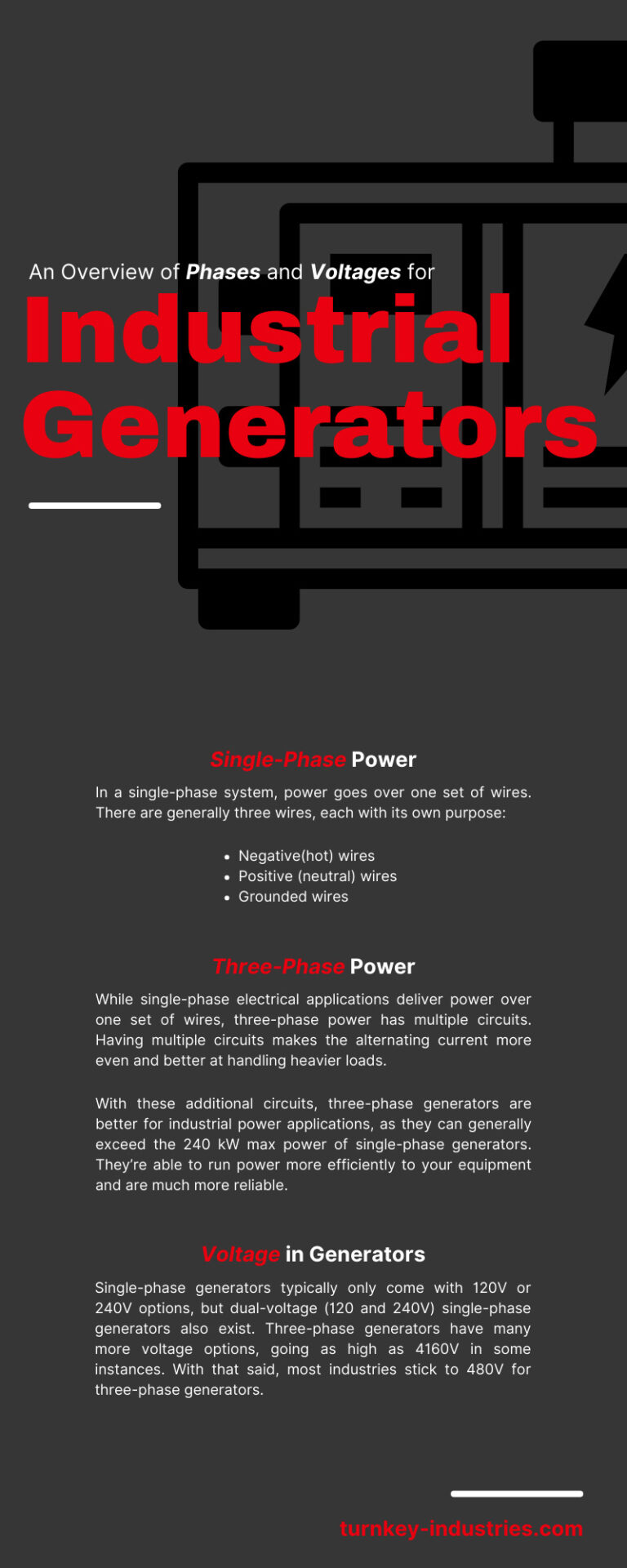
 Turnkey Industries offers a variety of high-capacity
Turnkey Industries offers a variety of high-capacity 